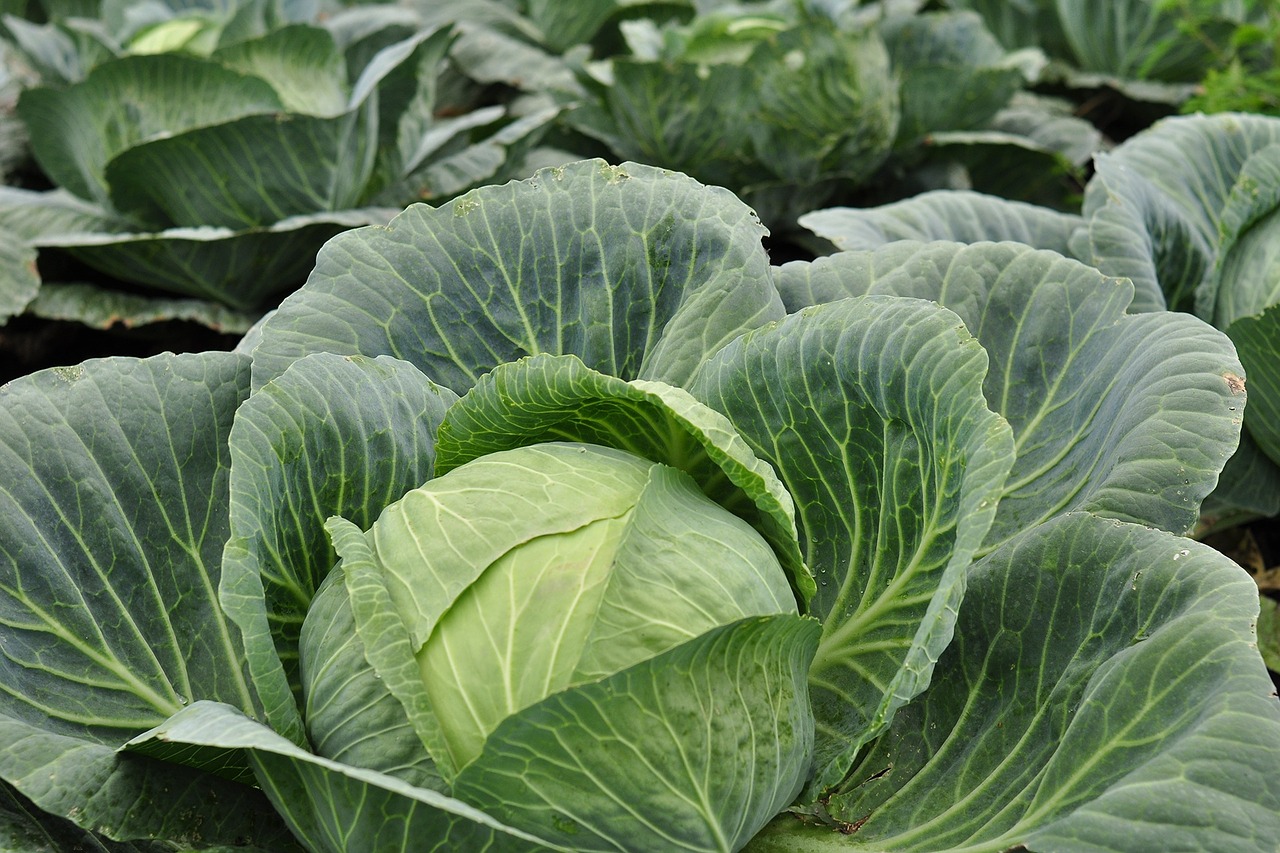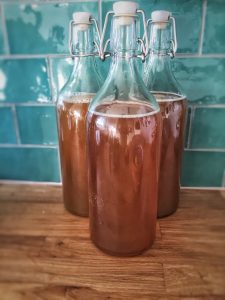Lacto-fermented vegetables are common throughout the world and are known by names such as sauerkraut and kim chi. Many Americans are familiar with the German-style sauerkraut, made with cabbages and often caraway seeds for flavoring. And many folks have heard of kim chi, which is very popular throughout Korea. Even in our neck of the woods, people can recall their grandparents fermenting cabbages in earthen crocks.
Raw Sauerkraut – an overview
Raw krauts are a highly-nutritious, pro-biotic food. They contain digestive enzymes, helpful lactic acid bacteria, and Vitamin C. The natural method for producing these vegetable ferments does not require cooking. In fact, the kraut is produced and sold raw/unpasteurized in order to maintain these nutritional benefits.
lacto-fermentation
The process of lacto-fermentation is both a means of preservation and enhancement of nutrition and flavor. “Lacto” refers to lactobacillus, one of several bacteria involved in the ferment and acidification of vegetables. These bacteria are naturally occurring on the leaves and plant parts of common vegetables, such as cabbages. Perhaps the paramount benefit of such an enhanced food is the live, active enzymes that have been abundantly produced during the fermentation. These digestive enzymes supplement or substitute for enzymes in other foods lost through cooking, overheating, etc. By receiving this supplemental dose of enzymes, our digestive systems are freed of the energetic burden of producing enzymes. Our digestive systems receive a health benefit and more energy remains available for immune function and basic everyday activities. It is readily apparent, the benefit of eating raw, lacto-fermented vegetables. One experiences easier digestion and more energy.
Kraut up closeWhen eating raw sauerkraut, the portion size is modest. The saying “much doesn’t help much” is applicable here. Enzymes act as catalysts in our digestion and are needed in sufficient quantities. We will receive the enzyme benefit of raw krauts in portions as small as a couple tablespoons. And, if you are unaccustomed to eating raw sauerkraut, it may be best to eat small for starters, as the acidity/low pH and otherwise healthy, lactic acid bacteria can be unfamiliarly active and stimulating to the digestive.
The natural, safe, preservation by acidification of lacto-fermented vegetables affords a long-lasting “shelf life.” In most cases, the food would be consumed well before it would suffer any complete loss in quality. In order to maintain shelf life and product safety, serve with clean utensils. After portioning, use the utensil to push down unused veggies, so they are infused with brine, or else, form a mass in the lower part of the container. Raw krauts should keep for about a year under refrigeration.
Enjoy the unique sour flavors that develop in naturally-fermented krauts. Unlike none other, these flavors offer other options for creative meals and new experiences for the curious pallette. Treat yourself to the best in fun and nutritious eating!


